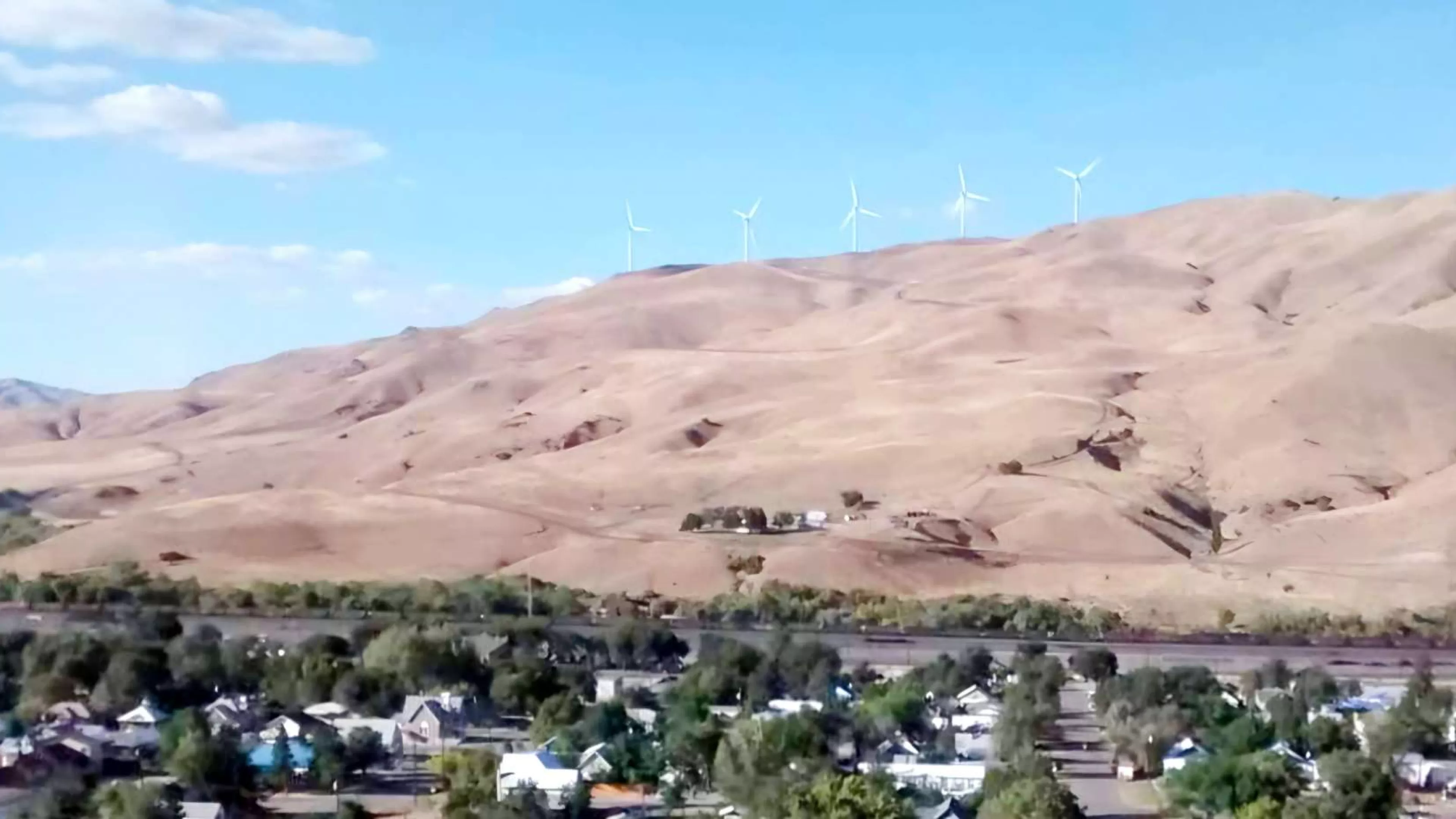
Please Do not Feed the Wildlife
Please do not feed the wildlife.
Well-intentioned people often feed deer, elk, turkeys and other wildlife without realizing the problems feeding can create.
- Artificial feeding concentrates wildlife, which leads to the easier spread of disease and parasites and easier to be taken by predators
- Feeding deer and elk attracts their natural predators like cougars and coyotes to areas of human activity.
- Once wildlife associate people with giving them food, they come to expect it. Feeding will invite more deer and eld to your property and encourage them to stay.
- Artificial feeding can cause deer and elk to become habituated to humans and aggressive towards them
- Concentrating wildlife in human-settled areas can lead to increase in vehicle collisions and conflicts between wildlife and pets.
- Concentrating deer and elk can hurt habitat by encouraging excessive grazing.
Every year, ODFW also sees seemingly healthy deer and elk die because they have been fed the wrong food by well-intentioned people. Their diet requirements actually change with the seasons and are best met by native forage. Deliberately feeding deer or elk may inhibit digestion and lead to death by starvation or infection.
ODFW does feed deer and elk at several wildlife areas during the winter, to keep them off adjacent agricultural lands where they damage crops. These feeding programs are long-term commitments that require significant financial and staffing resources. Feeding starts early in the season so deer and elk's digestive systems do not have to quickly readjust to new food types, and continues every day, no matter what, until forage conditions improve. Feeding areas are located away from human populated areas to decrease conflicts. ODFW also conducts disease testing at some feeding sites.
For more information, visit ODFW web page at www.dfw.state.or.us or call your local ODFW field office (Baker City office 541-523-5874) or ODFW headquarters at 800-720-ODFW (6339)
